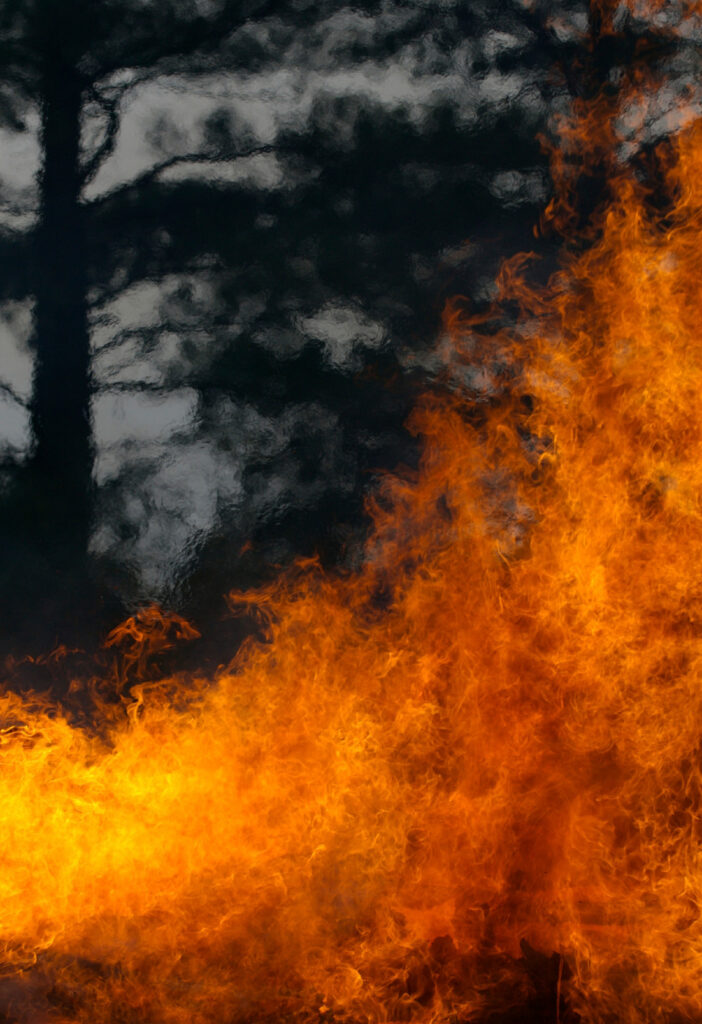 Earth’s rapidly changing climate is taking an increasingly heavy toll on landscapes around the world in the form of floods, rising sea levels, extreme weather, drought, and wildfire. And a recent study found those risks may damage an increasing amount of U.S. property in the next century, though aggressive preventive action could substantially reduce the costs.
Earth’s rapidly changing climate is taking an increasingly heavy toll on landscapes around the world in the form of floods, rising sea levels, extreme weather, drought, and wildfire. And a recent study found those risks may damage an increasing amount of U.S. property in the next century, though aggressive preventive action could substantially reduce the costs.
“We find that property values exposed to these climate-sensitive disturbances increase sharply in future climate scenarios, particularly in existing high-risk regions of the western U.S.,” the study determined. The research team attempted to quantify the value of U.S. property at risk in forested areas, says lead study author William Anderegg, associate professor of biology and director of the U’s Wilkes Center for Climate Science and Policy.
To help identify climate-related risks to property values, Anderegg teamed with faculty from the College of Social and Behavioral Science—Tim Collins, professor of geography, and sociologist Sara Grineski, professor of sociology and environmental studies—and others outside Utah.
“We looked at two separate climate scenarios, one in which we don’t really do anything [to reduce emissions driving warming]—it’s just business as usual, and things get more dramatically worse—and one in which we implement mitigation more aggressively,” says Collins. “Under a scenario in which we actually try to mitigate emissions in a way that reduces impacts of climate change, you see substantially less property value at risk in the future.”
Looking at just privately owned lots one acre in size or larger, about $4 billion (in 2017 dollars) in property is currently exposed per year to wildfire in the contiguous United States, according to the study.
That volume is projected to grow to $22 billion and $45 billion by 2049 and 2099, respectively, under the do-nothing scenario. The study found, however, that the value of exposed property tops out at about $11 billion under the scenario in which aggressive climate action is undertaken.



Comments
Comments are moderated, so there may be a slight delay. Those that are off-topic or deemed inappropriate may not be posted. Your email address will not be published. Required fields are marked with an asterisk (*).